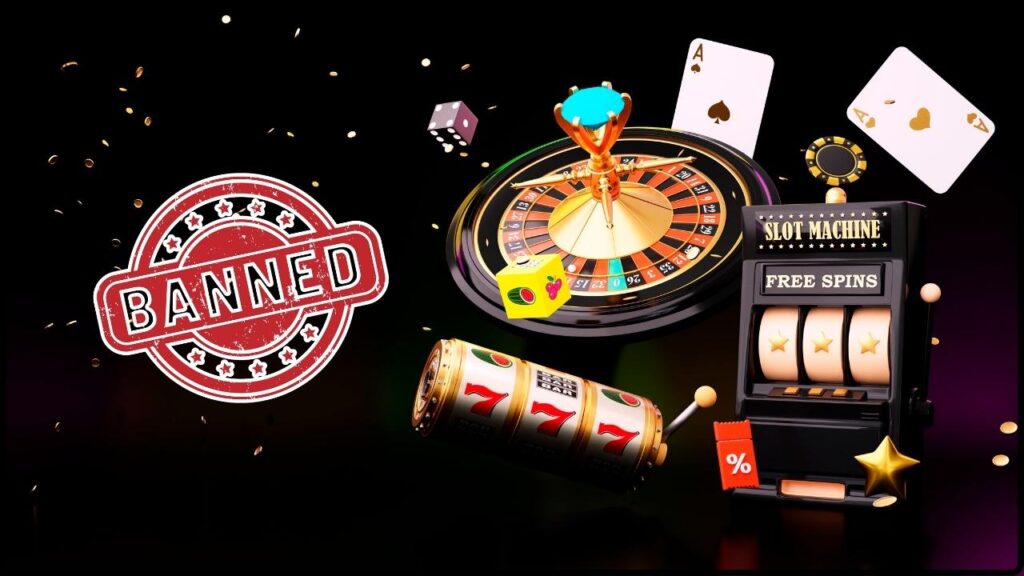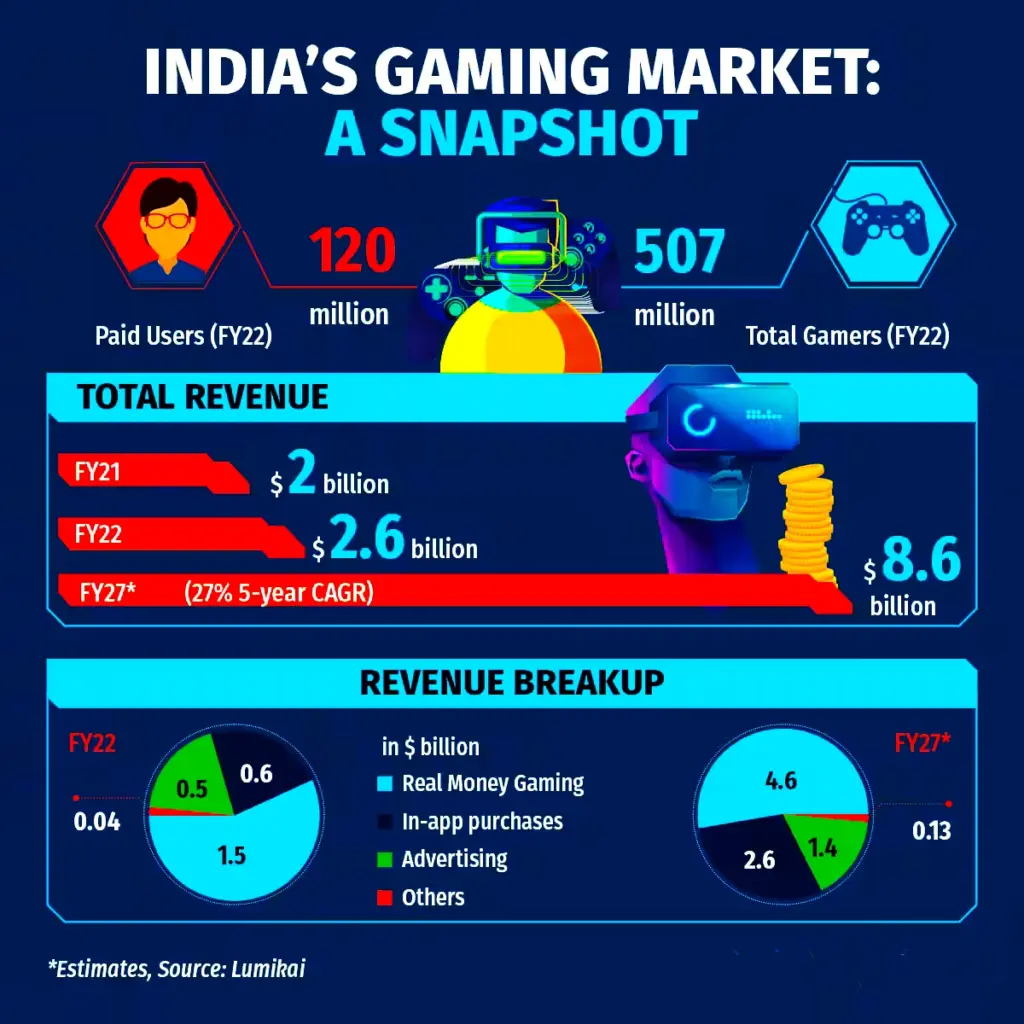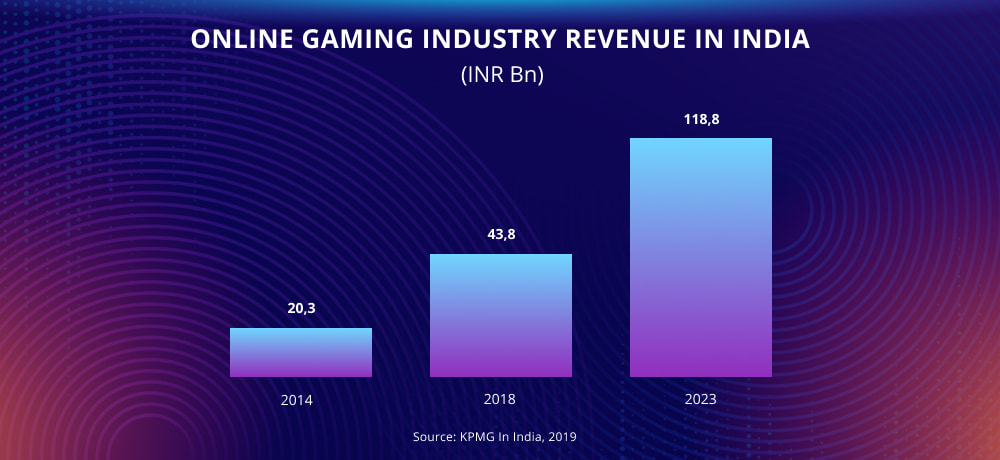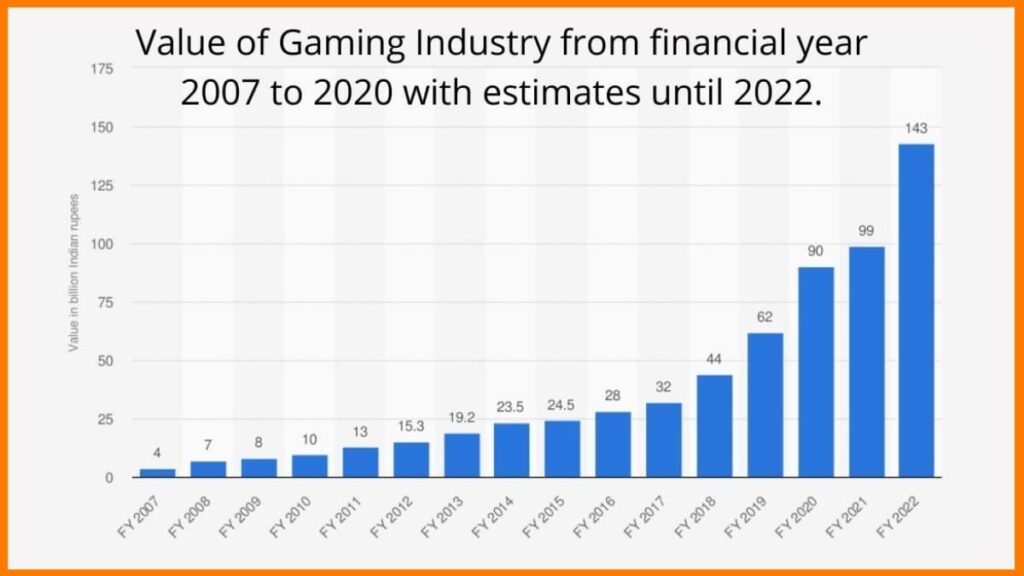Government Bans Online Money Games: The government has officially banned online money games, turning one of the fastest-growing digital industries upside down. Apps like Dream11, MPL, PokerBaazi, WinZO, and countless smaller platforms that let users play fantasy sports, poker, or rummy for cash are now prohibited. While policymakers argue the move will protect citizens from addiction, fraud, and money laundering, critics say it could derail a multi-billion-dollar sector that created jobs, attracted foreign investment, and boosted tax revenues. This article takes a clear, detailed look at why the ban happened, what the law says, how it affects the economy, and what it means for everyday players, professionals, and the broader tech ecosystem.
Government Bans Online Money Games
The ban on online money games is one of the most significant policy moves in India’s digital economy. It addresses real concerns—addiction, fraud, and security—but also risks unraveling a $25 billion industry that provided jobs and tax revenues. The path forward will depend on how regulators, businesses, and citizens adapt. For now, the safest strategy is to shift focus toward legal, sustainable alternatives like e-sports, educational games, and creative digital platforms.

| Topic | Details |
|---|---|
| Why the Ban? | Addiction, fraud, money laundering, national security concerns. |
| Industry Value | Online money gaming sector worth $25 billion before ban. |
| Legal Backbone | Promotion and Regulation of Online Gaming Act, 2025 (Govt. Press Note). |
| Penalties | Jail up to 5 years, fines up to ₹2 crore (~$240,000). |
| Who’s Hit Hardest? | Platforms like Dream11, MPL, PokerBaazi, WinZO, and investors. |
| Economic Fallout | Job losses, revenue crash, frozen investments. |
| Social Side | Withdrawal symptoms among addicted users, rise of underground gaming. |
| What’s Still Allowed? | E-sports, educational/social games, skill-based non-monetary play. |
Why the Government Bans Online Money Games?
Policymakers pointed to three major reasons for the ban:
- Addiction and Financial Harm
Studies showed many players—particularly students and working-class adults—were losing significant sums. Psychologists noted behavior similar to gambling addiction, with people chasing losses, hiding debts, and even taking loans to keep playing. Reports compared these apps to slot machines in your pocket, available 24/7. - Fraud, Laundering, and National Security
Authorities found evidence that online platforms facilitated money laundering and tax evasion. In some cases, regulators suggested that the digital flows could even fund criminal networks. The government argued this wasn’t just a consumer protection issue but a matter of public order and national security. - Need for Uniform Rules
For years, India debated whether games like poker or rummy were “games of skill” or “games of chance.” Different courts gave different answers, leading to a patchwork of state laws. The new law sweeps all of that aside by saying: if there’s money involved, it’s banned.

What the Law Says?
The Promotion and Regulation of Online Gaming Act, 2025 was introduced in Parliament on August 20, passed on August 21, and signed into law by the President on August 22.
Here are the key points:
- Strict Penalties: Providing, facilitating, or advertising money games can lead to three years in jail and a fine of ₹1 crore. Repeat offenders can face up to five years and fines of ₹2 crore.
- Enforcement Powers: Law enforcement agencies have been authorized to search and arrest without a warrant if they suspect violations.
- Financial Restrictions: Banks, UPI providers, and fintech companies must block payments to banned platforms. They are also tasked with refunding players’ wallet balances where possible.
- Safe Zones: E-sports, educational, and social games are exempt. A National Online Gaming Commission will license and regulate these categories.
The Economic Fallout?
The impact on the economy is immediate and sharp.
Loss of Industry Value
Before the ban, the online money gaming industry was estimated at around $25 billion, with analysts projecting $3.6 billion in annual revenues by 2029. That growth story has now been cut short.
Jobs at Risk
Over 400 startups operated in the real-money gaming space. With the ban, thousands of jobs—developers, marketers, designers, customer support staff—are on the line. Employees are already reporting layoffs and hiring freezes.
Case Studies
- Dream11: Once India’s fantasy sports leader, Dream11 has reportedly lost 95% of its revenue. It is rumored to be reconsidering its $43 million sponsorship deal with Indian cricket.
- MPL (Mobile Premier League): Valued at $2.3 billion at its peak, MPL has suspended real-money offerings and announced staff reductions.
- Smaller Platforms: Companies like Zupee, My11Circle, and PokerBaazi have either paused operations or pivoted to free-play models.
Ripple Effect on Startups and Investors
Venture capital firms that invested heavily in gaming are now pulling back. Investors dislike uncertainty, and many fear regulatory risk in other tech sectors may increase. This could slow the broader Indian startup ecosystem.

Global Comparisons
India isn’t alone in grappling with online gambling and money games.
- United States: Online gambling is regulated state by state. Nevada allows online poker; many states prohibit it. Fantasy sports like DraftKings operate under specific legal frameworks.
- United Kingdom: Gambling is legal but strictly monitored by the UK Gambling Commission, which enforces age verification, advertising standards, and addiction safeguards.
- China: One of the strictest environments. Not only are online gambling and money games banned, but minors are restricted to limited gaming hours per week.
India’s law aligns more with China’s blanket ban approach than the nuanced, state-based models of the U.S.
The Human Side: Addiction and Withdrawal
Beyond the numbers, the ban affects millions of players. Experts caution that sudden restrictions may lead to withdrawal symptoms, including anxiety, depression, irritability, and in some cases, suicidal thoughts.
Without proper rehabilitation options, there’s a risk players will migrate to illegal or underground platforms, where regulation is nonexistent and risks are higher.
Impact on Startups, Investors, and Careers
The professional impact of the ban is significant:
- Startups: Dozens of gaming startups now face bankruptcy. Many are pivoting to e-sports, skill training apps, or educational games to survive.
- Investors: Global VCs and private equity funds are reassessing exposure to Indian tech companies. Gaming was a key growth story that helped attract billions in funding.
- Careers: For professionals, the shake-up could mean layoffs but also opportunities. Skills in game design, AR/VR, and blockchain gaming remain valuable in other sectors like education, healthcare, and e-sports.

What’s Still Allowed?
The law bans money games but encourages other forms of gaming.
- E-Sports: Competitive games like Valorant, PUBG, and Fortnite are unaffected. India may now see more official e-sports tournaments, some backed by colleges and sponsors.
- Educational Games: Apps teaching coding, math, or critical thinking are untouched.
- Social Games: Non-monetary versions of card games, puzzles, or mobile apps remain legal.
The National Online Gaming Commission will issue licenses, monitor compliance, and handle disputes in these areas.
Practical Advice
For Players
- Delete banned apps to avoid trouble.
- Request refunds from wallets via your bank or fintech provider.
- Explore safe alternatives like e-sports or offline hobbies.
For Parents
- Have open conversations with kids about money games.
- Monitor their screen time and install parental controls.
- Encourage constructive alternatives—sports, coding clubs, creative activities.
For Professionals
- Upskill into e-sports, AR/VR, or ed-tech gaming.
- Build networks in emerging industries like digital learning and healthcare tech.
- Stay updated on legal changes that may create new opportunities.
Online Gaming Bill Explained – What Changes for Players and Advertisers
Online Gaming Ban Bill Set to Shake Betting, Casinos and Ads
Online Gaming Income FY25 – Tax Rate, TDS Rules And ITR Reporting Explained
The Future Outlook
Where does this leave the gaming ecosystem?
- Short-Term Pain: Expect layoffs, closures, and investor hesitation.
- Medium-Term Shifts: Companies will pivot into e-sports, education, and AR/VR gaming.
- Long-Term Potential: If courts or future governments adopt regulation instead of prohibition, India could see a U.S.-style model where safe, legal money games operate under strict rules.
The ban may be a turning point. If implemented with strong safeguards and support systems, it could redirect talent and investment into healthier, more sustainable areas. If mishandled, it could drive players and money underground.










